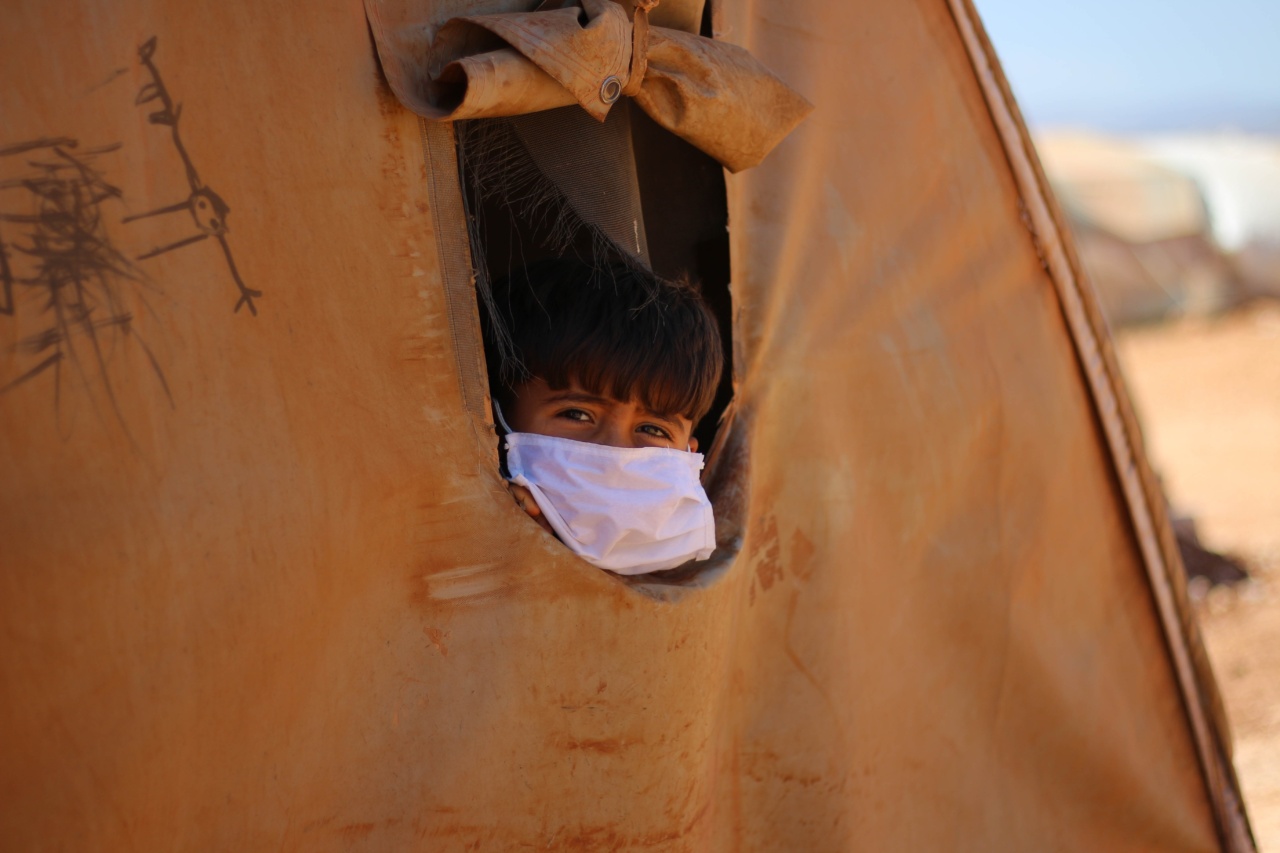Measles is a highly contagious viral infection that is responsible for a deadly epidemic that continues to sweep across different parts of the world.
The disease, which is vaccine preventable, has been reported in many countries in recent years, including the United States, Europe, and Asia. The World Health Organization (WHO) estimates that the current surge in outbreaks could be attributed to a drop in vaccination rates as well as the movement of people across borders.
Despite the availability of vaccines, many parents are hesitant to vaccinate their children due to misinformation and false claims about the safety and efficacy of vaccines.
The Symptoms of Measles
The symptoms of measles can vary greatly from one person to another, but typically, they include the following:.
- Fever
- Coughing
- Nasal Congestion
- Red Eyes or Conjunctivitis
- Rash
The rash usually begins on the face and then spreads to the rest of the body. It can be accompanied by a high fever, which can last for several days.
In some cases, complications may arise, especially in children, which can be severe and even life-threatening.
The Risk of Complications in Children
Measles can affect anyone, but the risk of complications is highest in children under the age of five and adults over the age of 20.
Children who contract measles are at risk of severe complications, which can have lasting effects on their health and wellbeing. Some of the common complications of measles in children include the following:.
- Pneumonia – This is a common complication that can develop in up to 1 in every 20 children with measles. It is a serious infection that affects the lungs and can be life-threatening.
- Encephalitis – This is a rare but serious complication that can develop in up to 1 in every 1,000 children with measles. It is an infection that affects the brain and can lead to permanent brain damage, seizures, and even death.
- Dehydration – Children with measles may experience vomiting and diarrhea, which can lead to dehydration if not properly managed.
- Ear Infection – Measles can lead to ear infections, which can cause pain and even hearing loss in some cases.
The Importance of Vaccines
The best way to protect children from measles and its complications is through vaccination. The measles vaccine is safe, effective, and has been used for over 50 years to prevent the disease.
According to the Centers for Disease Control and Prevention (CDC), two doses of the vaccine are about 97% effective at preventing measles. Vaccination not only protects the individual but also helps to prevent the spread of the disease to others who may be vulnerable.
The Dangers of Vaccine Hesitancy
Despite the effectiveness of vaccines, there has been a growing trend of vaccine hesitancy in recent years. Some parents are hesitant to vaccinate their children due to misinformation and false claims about the safety and efficacy of vaccines.
This has contributed to a decline in vaccination rates, which has allowed measles to make a comeback in many parts of the world. Vaccination is not only important for individual health but also for the community as a whole, to prevent the spread of disease and to protect the vulnerable.
Conclusion
The measles epidemic is a serious public health concern that affects children more than any other population. Children who contract measles are at risk of developing severe complications, which can have lasting effects on their health and wellbeing.
Vaccination is the best way to protect children from measles and its complications. It is imperative to educate parents about the safety and efficacy of vaccines and to promote vaccination programs to prevent the spread of this deadly disease.





























